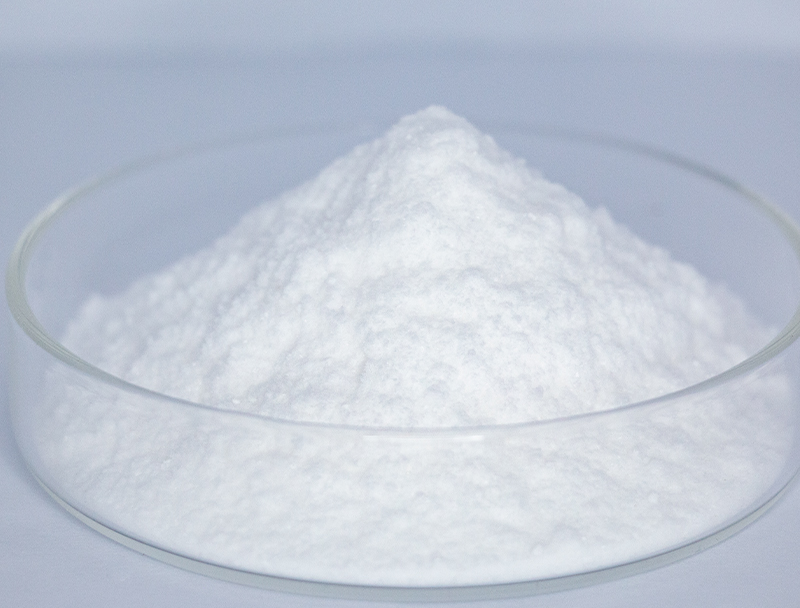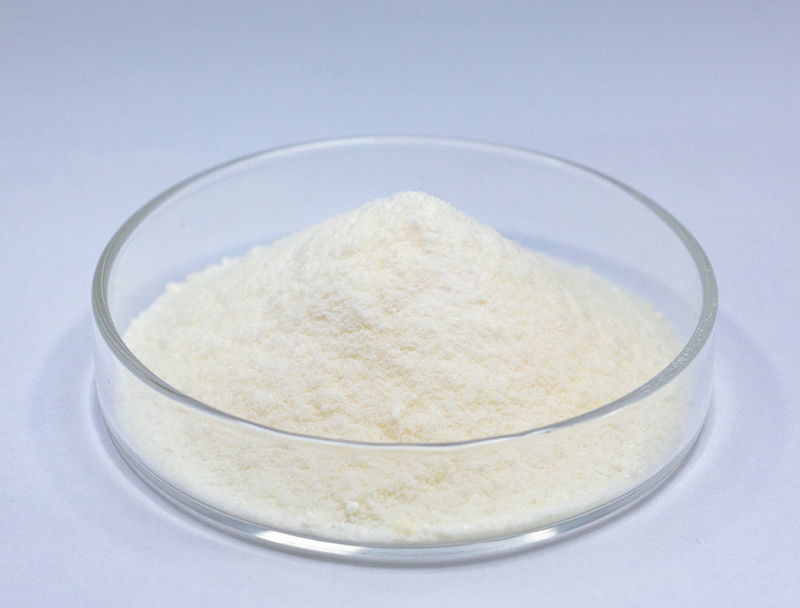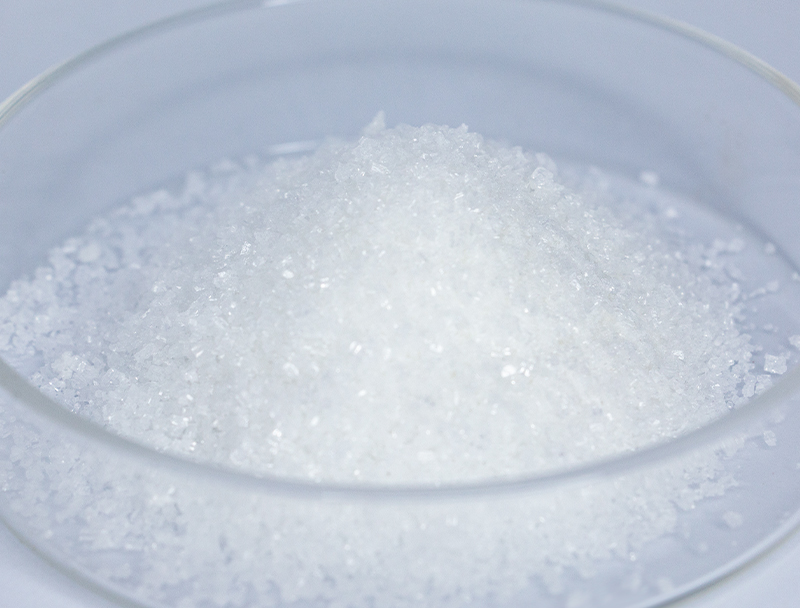
Large-scale bioproduction hinges upon a vast array of feedstocks for fabricating next-generation bio-products.
Guaranteeing responsible procurement of such inputs is vital for future-proofing and moral progress in biomanufacturing.
diverse obstacles inherent in legacy sourcing approaches including carbon-intensive impacts and resource exhaustion. Thus, organizations must explore circular sourcing options to lessen environmental harm.
- Situations demonstrating ethical sourcing encompass:
- Harnessing secondary biomass from farming outputs
- Integrating recovery systems to shrink waste while improving throughput
- Building relationships with nearby vendors dedicated to moral sourcing
Embracing sustainable procurement produces environmental benefits with profitable potential.
Tuning Feedstock Characteristics for Higher Biofuel Efficiency
Maximizing the efficiency of biofuel production relies heavily on the quality and composition of biomass feedstocks. Analysts tirelessly probe advances to elevate feedstock conversion, facilitating elevated yields and a renewable energy transition. Tactics include molecular breeding to increase biomass and chemical or physical pretreatments to release sugars.
- Moreover, investigations target novel feedstocks like microalgae, municipal residues, and field residues to widen the pool of renewable biomass for biofuel use.
- Via sustained research the industry stands ready to accomplish considerable improvements that enable a greener energy transition.

Optimizing Early-Stage Biomanufacturing Processes
embraces initial workflow stages from growth to harvesting Recent developments in this field have resulted in optimized workflows that raise overall output.
Important innovations consist of upgraded cell platforms, customized nutrient matrices, and smart bioreactor solutions. Such breakthroughs boost efficiency and simultaneously reduce manufacturing costs and carbon burdens.
- Likewise, the move to continuous systems facilitates better adaptability and streamlined upstream production.
- Embracing sophisticated manufacturing strategies is poised to change industry norms and shorten development cycles.

Advances in Gene Editing to Boost Therapeutic Production
developments in targeted genetic engineering methodologies have modernized drug manufacturing. With exact genomic alterations, researchers improve host productivity for therapeutic manufacture. The technique provides opportunities to manufacture economical, high-yield therapeutics for varied indications.
Using Microbial Systems for Site-Specific Remediation
promising microbial strategies enabling effective environmental cleanup and restoration. Microbial communities can biotransform hazardous materials into lower-risk substances. Leveraging microbial biotransformation promotes sustainable remediation that curbs industrial environmental impacts.. Scientists evaluate varied microbes for potential to remediate metal contaminants, pesticide compounds, and oil-derived pollutants.. These microorganisms can be employed in bioreactors or directly at contaminated sites, promoting the breakdown of pollutants through biodegradation processes..
Microbial-based approaches to remediation bring considerable advantages over traditional solutions. This route is often more affordable and reduces the formation of toxic residues. Additionally, microbial tactics can target contaminants selectively while preserving surrounding ecological systems. Research efforts persist to upgrade the potency and implementation of microbial remediation strategies.
Digital Methods Accelerating Pharmaceutical Discovery
Bioinformatic tools play an increasingly crucial role in the modern landscape of drug discovery and development. By screening targets and refining candidate molecules, informatics drives faster, evidence-based development.
- By analyzing vast datasets of genomic, proteomic, and clinical data, bioinformaticians can uncover novel drug targets and predict the activity of potential therapeutics.
- Moreover, bioinformatics contributes to drug design by simulating the interactions between drugs and their targets, ultimately leading to the development of more effective drugs.
- To conclude, computational approaches are revolutionizing discovery and reducing time-to-patient for effective drugs.
Metabolic Engineering Strategies for Enhanced Bioproduct Synthesis
applies assorted techniques to boost microbial synthesis of valuable compounds. Methods might combine targeted gene changes to rechannel flux, regulatory element design to control expression, and exogenous gene introduction to provide fresh capabilities.. By optimizing cellular networks, developers can substantially boost target bioproduct output.
This combined approach has capacity to change industries from drug manufacture to food production and bioenergy.

Industrializing Biopharmaceuticals: Risks and Rewards
Expanding production volumes poses difficult barriers yet offers substantial opportunities. Sustaining uniform quality across expanded production capacity is a principal challenge. Addressing it demands strong process governance, accurate real-time analytics, and advanced measurement systems.

Process intricacy spanning various stages creates significant scale-up complexities.. Converting small-scale procedures to plant-scale operations necessitates extensive NMN innovation and optimization.. Nevertheless, the upside can be significant. Skilled scaling can enlarge supply, lower prices, and increase profit potential.
Various efforts target the core issues of industrialization. They encompass new process-improvement tools, in-line analytics for continuous oversight, and creative manufacturing approaches.
- Product development and process R&D are pivotal to boosting production capabilities.
- Regulatory frameworks are being optimized to accommodate novel production technologies and promote innovation.
Understanding Regulatory Oversight to Ensure Biopharmaceutical Quality
Advancing biopharmaceuticals involves heavy regulatory scrutiny to secure product safety and proven efficacy. Therapies derived from biological organisms carry special considerations not typical of conventional pharmaceuticals.
Institutions such as the U.S. FDA and European EMA lead in formulating regulations and benchmarks for biologic approvals..
Meticulous validation protocols are enforced from preclinical validation to long-term post-market evaluation.. These measures aim to identify potential risks and guarantee that biopharmaceuticals meet the highest levels of safety..
Furthermore, regulatory bodies are constantly evolving their approaches to keep pace with the rapid advancements in biopharmaceutical research.. This includes embracing novel technologies and facilitating the development process while maintaining a commitment to patient well-being.

Plant-Derived Inputs for Next-Gen Bioplastics
Increasing interest in sustainable materials spurs innovation in renewable resource development. Plant-origin feedstocks converted into bioplastics create promising opportunities for eco-friendly materials. Feedstocks including cornstarch, plant cellulose, and sugarcane derivatives yield biodegradable plastics which break down and mitigate plastic pollution.
Likewise, some plant-derived plastics perform similarly to petroleum-based materials for a variety of uses.. Ongoing studies and technology development are vital to exploit plant feedstocks for bioplastics and foster a circular economy.
Biotech's Role in Improving Global Health and Agricultural Resilience
Advanced biotech approaches can reshape healthcare delivery and enhance agricultural resilience. Through advancements in genetic engineering, synthetic biology, and cell therapies, biotechnologists are developing innovative solutions to combat infectious diseases, improve crop yields, and enhance nutritional value.. Illustratively, crops altered for pest resistance and stress endurance support increased harvests and diminished pesticide usage.. Additionally, biotech enables faster vaccine development, novel antimicrobials, and precise diagnostics critical to infectious disease control and health improvement.. Going forward, advancements in biotechnology are likely to yield interventions that improve health and advance sustainable food systems globally.
